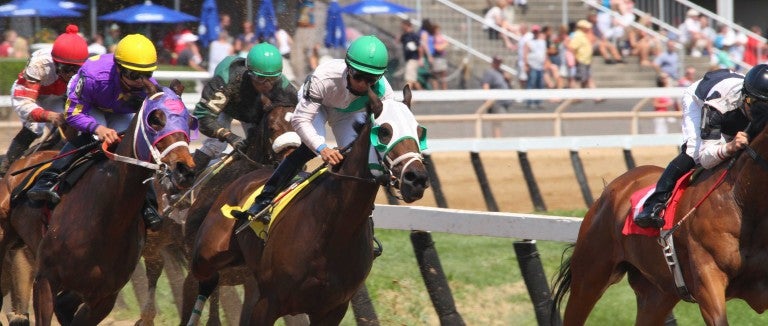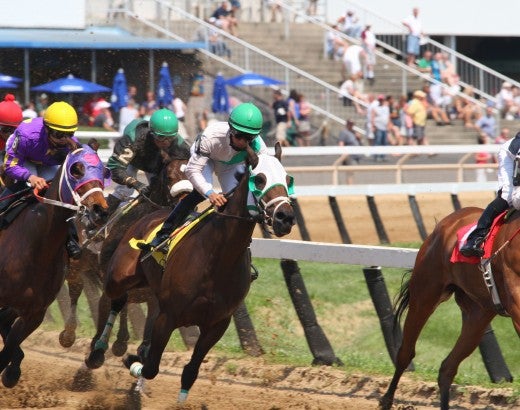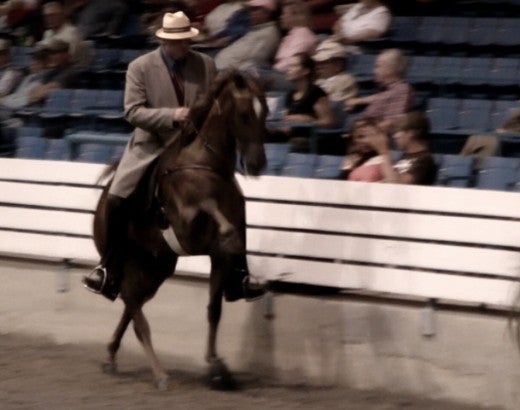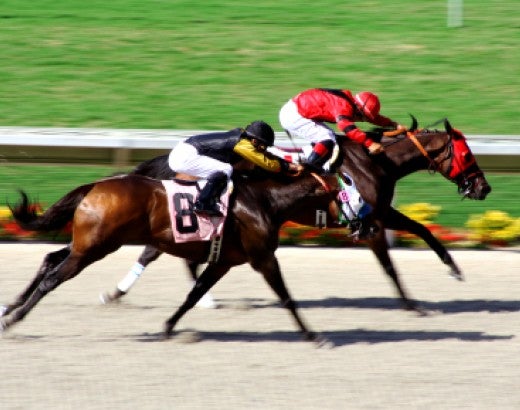Earlier this week, the Supreme Court of the United States declined to review a challenge to the Horseracing Integrity and Safety Act, which was signed into law in 2020 in an effort to better ensure the safety of horses used in racing in the U.S. Prior to the passage of the Act, there was a patchwork of laws throughout the country that were confusing and didn’t help to properly protect horses. Because of this, we fought for years for the passage and proper implementation of the Act to ensure meaningful oversight over the welfare of these horses, because as long as horses are raced, they deserve to be protected from harm. The court’s action leaves in place the Sixth Circuit Court of Appeals' ruling upholding the Horseracing Integrity and Safety Act, allowing for continued progress in regulating anti-doping and safety standards in horse racing.
The Horseracing Integrity and Safety Act came into partial effect in 2020, and the full powers of its anti-doping program were phased in during last year’s Triple Crown races. Delays in full implementation were due to opponents who resisted these new protections for horses, including some states and industry organizations such as the National Horsemen's Benevolent and Protective Association.
For decades, we have advocated for strong anti-doping regulations and a uniform national standard for horse racing safety. Inconsistencies in medication and doping rules across different states have for far too long jeopardized the safety and welfare of the horses.
Last year’s Triple Crown races were embroiled in controversy because of a series of horse deaths. With each devastating collapse of a horse, the cries for comprehensive reform and accountability in racing grew louder.
There is reason to believe that stringent anti-doping and safety protocols and effective oversight can make a difference for horses. This year, all contenders in the Triple Crown races competed under the full protection of the Act during their qualifying races, and no deaths were reported. There was a 38% decline in horse deaths in the first quarter of this year compared to the same period last year. While racing may never be without risk, we are heartened that these horses survived these races.
Despite the progress made, the ongoing legal battles have resulted in racetracks that are not operating under these laws raising serious concerns over horse safety, with higher rates of horse deaths reported at tracks outside its jurisdiction. Texas and Nebraska have avoided HISA regulations by not simulcasting races out of state. A federal district court in Louisiana has enjoined implementation of the anti-doping rules in Louisiana and West Virginia, and we are awaiting another ruling by the Fifth Circuit Court of Appeals on the HISA’s constitutionality. States that operate racing outside the HISA’s jurisdiction may adopt weaker anti-doping and safety regulations. This poses significant risks to horses, putting them at greater threat of injury and death.
While some legal challenges to the Act persist, the Supreme Court declining to review the Sixth Circuit’s ruling that upholds the law bolsters the law’s position against these ongoing challenges.
It is imperative for everyone involved in the racing industry to embrace this law in order to better protect horses. The reduction in equine fatalities demonstrates the significant impact of these standards, and full compliance from all industry participants is essential to continue this progress. The establishment of the Authority demonstrates a national commitment to making the safety of these horses that are central to the industry the top priority.
We urge everyone to recognize the critical importance of measures that protect horses in racing from harm. There has never been such heavy moral and practical scrutiny of horse racing, and the future of the industry hinges on its ability to reform at a pace faster and more determined than any Triple Crown race. What’s essential is a resolute commitment to a zero-tolerance policy on harmful practices, together with a unified front to put the safety of the horses above all else. Their lives depend on it.
Sara Amundson is president of the Humane Society Legislative Fund.



